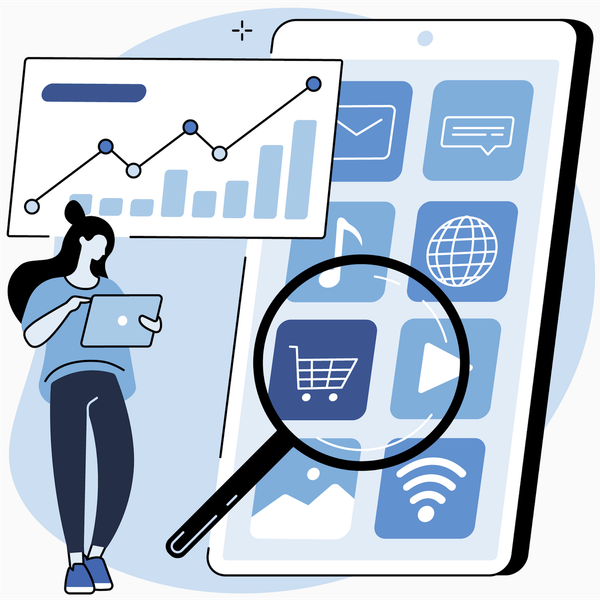iPaaS vs. Traditional Middleware: Why iPaaS is the Ultimate Solution

Most people know the phrase 'data is the new oil' when it comes to the digital economy, but not everyone realizes that making good use of the data requires integration and processing that is roughly equivalent to the refining process for oil.
Choosing the right integration approach for your data is critical. Why? Because if your company is not integrating its various data sources, then it's missing out on the full potential of what that data contains.
There are two options that you need to consider: Integration platform as a service vs traditional middleware. What you choose will make a material difference to your system.
In earlier years, the task of digital integration fell to a type of software known as 'middleware', but that has been built upon and extended, and today it's far easier and more efficient to use IPaaS.
IPaaS (Integration Platform as a Service) is a cloud-based integration solution that enables organizations to connect and integrate various systems, applications, and data sources. It provides a centralized platform hosted by a third-party provider, like Ariox, that offers managed services, scalability, and pre-built connectors.
Let's unpack what those two software solutions could mean for your business.
Business Integration: iPaaS vs Traditional Middleware
Unlike middleware, iPaaS eliminates the need for on-premises infrastructure and simplifies the integration process by providing a unified, seamless interface for data exchange. It allows organizations to streamline workflows, improve efficiency, and leverage cloud-based resources for smooth integration and communication between disparate systems.
Middleware is similar in its efforts to integrate different software applications or components and facilitate communication and data exchange between them. At its best, it acts as a bridge or intermediary layer between various systems, but it lacks all the advantages that cloud-based services offer.
While both iPaaS and middleware serve the purpose of integrating systems and facilitating communication, iPaas focuses on providing cloud-based integration capabilities.
Understanding The Difference Between iPaaS and Middleware
Here are some key differences between them:
1. Flexible Deployment Model: Middleware typically refers to software that can be deployed on-premises or in private data centers. It provides integration capabilities within an organization's infrastructure. On the other hand, iPaaS is a cloud-based service that is hosted and managed by a third-party provider. It offers superior flexibility — allowing organizations to leverage integration capabilities without the need for on-premise infrastructure.
2. Accessibility and Scalability: One thing that sets iPaaS apart is the advantage of being accessible from anywhere over the internet. What that means is a centralized platform for managing integrations and allows users to easily scale their needs up or down. Middleware, especially traditional on-premises solutions, usually requires additional infrastructure setup and maintenance when it comes to scalability.
3. Affordable Managed Services: iPaaS providers typically offer managed services that involve taking care of infrastructure management, updates, security, and monitoring and saving a lot of money in the process. This relieves organizations from the burden of managing and maintaining the integration platform themselves. In contrast, traditional middleware solutions usually require organizations to handle the deployment, configuration, and ongoing maintenance of the middleware infrastructure.
4. Pre-built Connectors and APIs: iPaaS solutions often provide pre-built connectors and APIs that simplify the integration process with popular cloud-based applications, services, and data sources. These connectors can work seamlessly with specific platforms and significantly speed up integration development. While middleware can also support integration with various systems, chances are it requires more custom development and configuration.
There is no doubt that, once upon a time, middleware was an incredible software achievement. But when you measure up iPaas vs traditional middleware, it becomes clear that iPaaS has been built on that middleware foundation using cloud-based integration services that offer accessibility, scalability, and managed services.
Lumino, from Ariox is at the forefront of cutting-edge iPaaS technology, Our services reduce the pain for small, mid-, and even large-size businesses that are looking to efficiently integrate, automate and connect all the data from their various day-to-day operating systems and applications.
It's never been easier to integrate your data and discover its secrets.
Get in touch with Ariox today for a free tour that will make it abundantly clear that iPaaS is the software integration service your company is looking for.